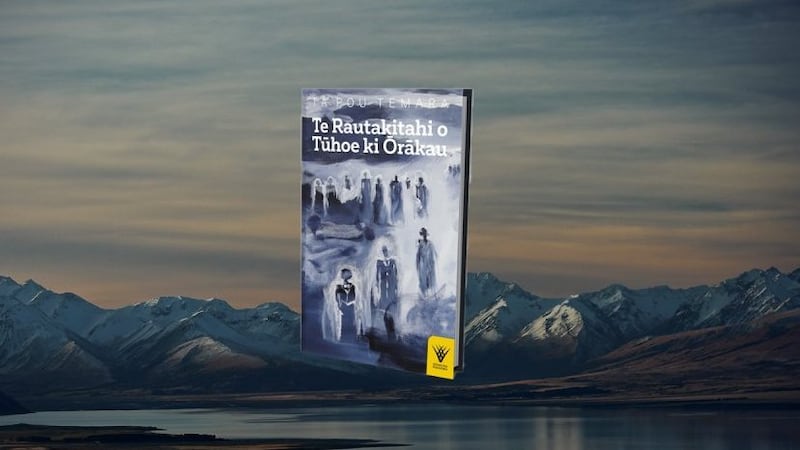It’s almost 159 years since more than 1400 British troops laid siege to the fortified pā at Ōrākau in 1864, defended by only a few hundred Māori.
Tūhoe leader, academic and Senior New Zealander of the Year finalist Tā Pou Temara has written an account of Tūhoe's involvement in the battle with the release of Te Rautakitahi o Tūhoe ki Ōrākau, which takes readers on a journey through the history of his people.
It was the last stand in the Waikato Wars. Rewi Maniapoto ahead asked the people of Tūhoe to support him and his iwi in the battle against colonial forces.
The new book, an intergenerational account of events from descendants of those involved in the battle, also stacks up against other writers' accounts of the battle such as Elsdon Best, Judith Binney and Vincent O’Malley.
Temara says he has to admit that “what else I learned about Ōrākau was told through the eyes of my great-great grandfather, who brought up my grandmother, who had my mother, who had me. He gave a good commentary on Ōrākau.
“Where [author] Elsdon Best comes to grief, in my mind, is the way he evaluates what happened at Ōrākau and talks about how there was no way that Ōrākau was going to be victorious for Māori, and that it was always going to be a battle to be won by the high and civilised Crown.
It's Tūhoe's time to tell their story in the battle of Ōrākau.
One-sided histories
“I always thought that the story of Ōrākau told through the eyes of Pākehā writers talked about what non-Māori thought and did but nothing of substance about how our koroua or kuia felt, and what they had said and the politics of their decisions ,” he says.
Temara has just been named a finalist for Senior New Zealander of the Year but he says: “It’s embarrassing.
“I think it’s embarrassing because when I do go back to the hills at Ruatāhuna my cousins always ‘hey, are you Rangi Matamua?’ And I haven’t created a holiday for New Zealand yet, so that is the kind of embarassment I am talking about. Plus I don’t like that kind of light on me,” he says.
He’s a finalist for being recognised as having made positive contributions to Aotearoa, and throughout his time he has done so for Māori and education.
“The legacy that I have always hoped I would leave behind is having some impact on the shaping of young minds that would make an impact in their time and in their lives.”


